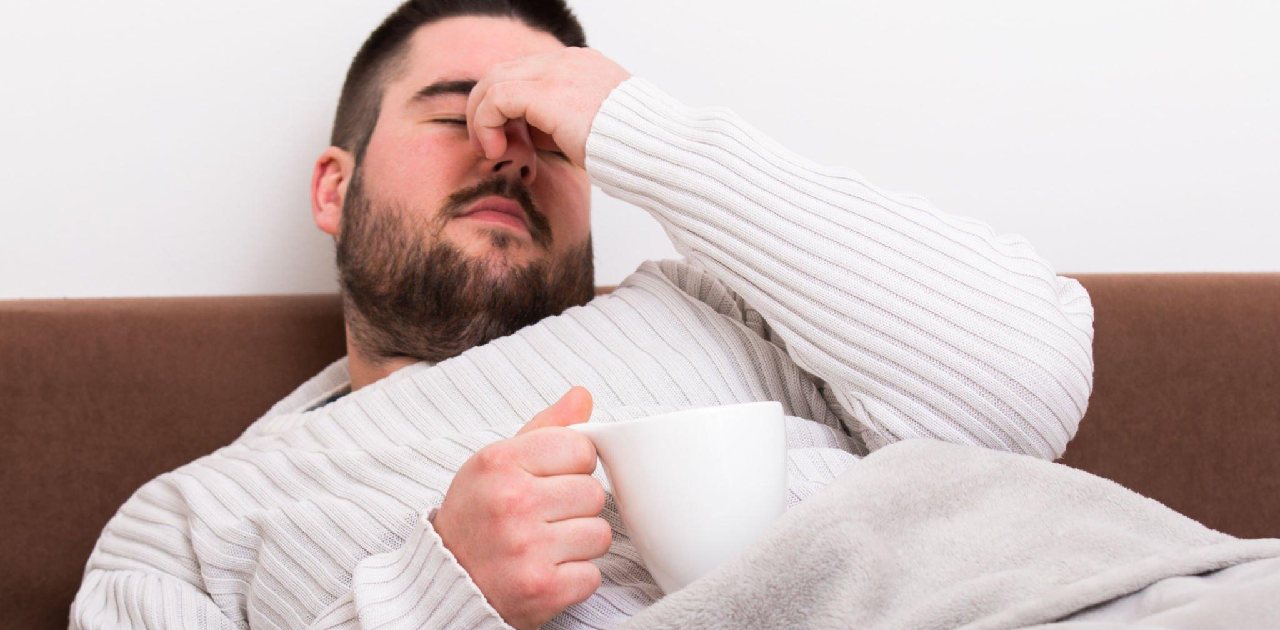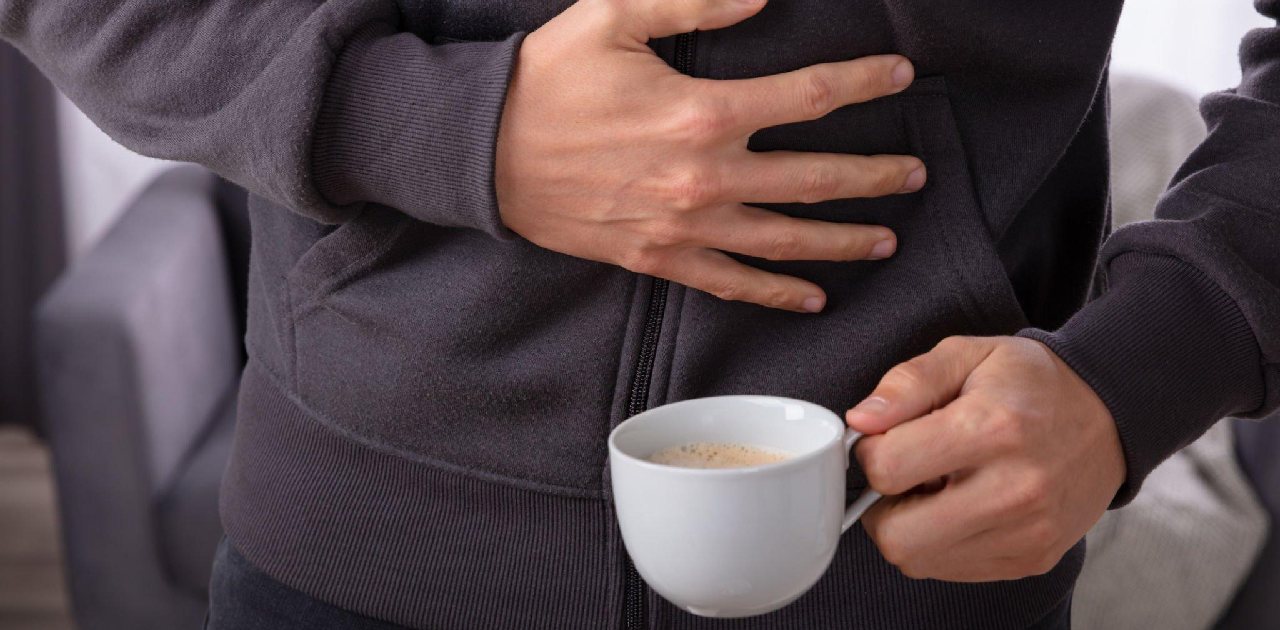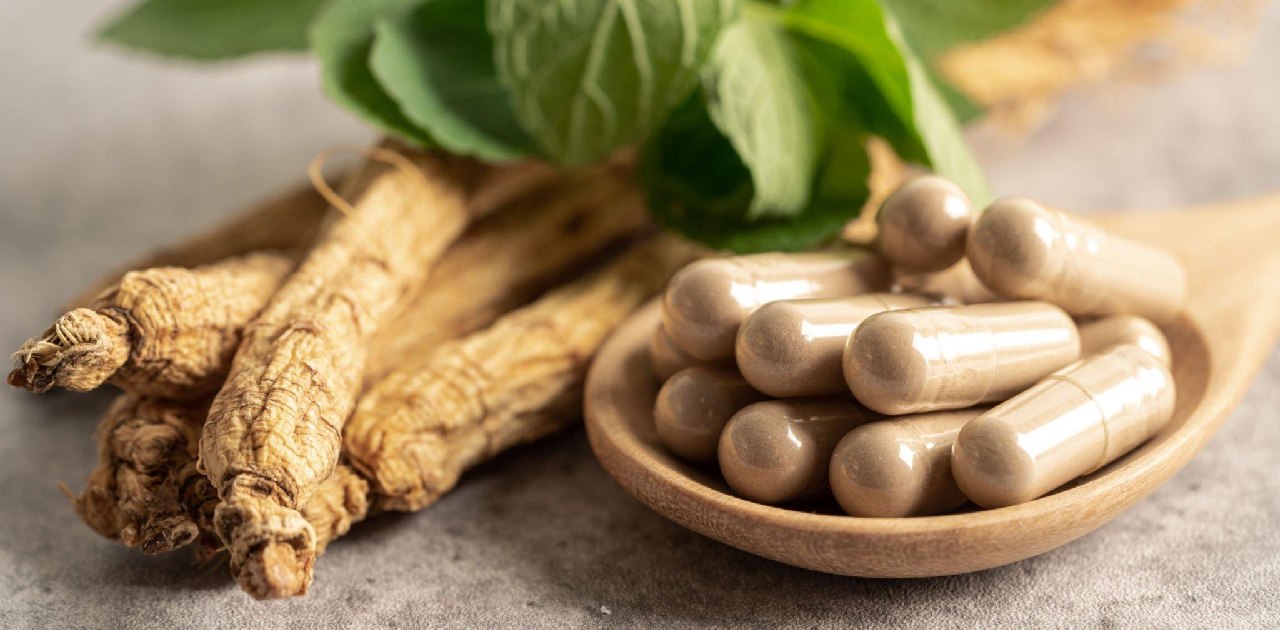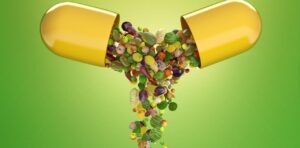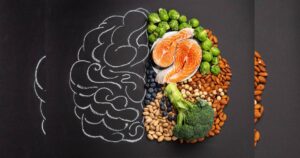Coffee is a staple for many people around the world. It is consumed for its taste, aroma, and the energy boost it provides. However, the high caffeine content in coffee can have negative effects on the body and mind when consumed in excess. In this article, we will explore the dark side of caffeine and the harmful effects of too much coffee.
Introduction to Caffeine and Coffee Consumption
Caffeine is a natural stimulant found in coffee, tea, chocolate, and other beverages. It is a central nervous system stimulant that can improve alertness, focus, and mood. Coffee is the most popular source of caffeine, with over 400 billion cups consumed annually worldwide. The amount of caffeine in coffee varies depending on the type of coffee and how it is prepared.
How Much Caffeine is Too Much?
The amount of caffeine that is considered safe varies from person to person. However, the general guideline is to consume no more than 400 milligrams of caffeine per day. This is roughly equivalent to four cups of coffee. Consuming more than this amount can lead to negative effects on the body and mind.
Negative Effects of Consuming Too Much Caffeine
Excessive caffeine consumption can lead to a range of negative effects on the body and mind. These include physical, mental, and emotional effects that can impact your overall well-being.
Physical Effects of Too Much Caffeine
One of the most common physical effects of too much caffeine is insomnia. Consuming caffeine too close to bedtime can interfere with your ability to fall asleep and stay asleep. This can lead to fatigue, irritability, and difficulty concentrating during the day.
Caffeine can also increase heart rate and blood pressure, which can be dangerous for people with pre-existing heart conditions. It can also cause dehydration, as it is a diuretic that increases urine production. This can lead to headaches, dizziness, and fatigue.
Mental and Emotional Effects of Too Much Caffeine
Caffeine can increase anxiety and nervousness in some people. It can also worsen symptoms of depression and bipolar disorder. Consuming too much caffeine can lead to jitters, restlessness, and irritability.
Long-Term Effects of Excessive Caffeine Consumption
Long-term excessive caffeine consumption can lead to a range of health problems. It can increase the risk of developing osteoporosis, as it can interfere with calcium absorption. It can also lead to digestive problems, such as acid reflux and stomach ulcers.
In addition, excessive caffeine consumption can lead to addiction. People who consume large amounts of caffeine may experience withdrawal symptoms when they try to quit, such as headaches, fatigue, and irritability.
How to Reduce Caffeine Intake
Reducing caffeine intake can help mitigate the negative effects associated with excessive caffeine consumption. Here are a few tips for reducing caffeine intake:
- Gradually reduce caffeine intake over time to avoid withdrawal symptoms
- Switch to decaf coffee or tea
- Try herbal tea or other caffeine-free beverages
- Limit caffeine consumption to earlier in the day to avoid interfering with sleep
Alternatives to Coffee for Energy
If you are looking for alternatives to coffee for energy, there are plenty of options available. Here are a few caffeine-free options:
- Herbal tea, such as chamomile or peppermint
- Green smoothies or juices made with fresh fruits and vegetables
- Exercise, which can boost energy levels naturally
- Vitamin B12 supplements, which can help improve energy levels
Caffeine-Free Drinks and Supplements
If you are looking for caffeine-free drinks and supplements that can help boost energy levels, here are a few options:
- Ginseng supplements, which can help improve mental and physical performance
- Iron supplements, which can help improve energy levels in people with iron deficiency anemia
- Magnesium supplements, which can help improve energy levels in people with magnesium deficiency
Frequently Asked Questions:
What happens if I drink too much coffee?
Drinking too much coffee can lead to various side effects such as anxiety, restlessness, insomnia, digestive issues, increased heart rate and blood pressure, and dehydration.
How much coffee is too much?
It varies from person to person, but generally, consuming more than 400 milligrams of caffeine per day (about four cups of coffee) can lead to negative side effects.
Can too much coffee cause caffeine addiction?
Yes, consuming large amounts of coffee can lead to caffeine addiction. This means that your body becomes dependent on caffeine, and you may experience withdrawal symptoms when you try to cut back or quit.
How can I reduce my coffee intake?
You can gradually reduce your coffee intake by drinking less coffee each day, switching to decaf, or replacing coffee with other beverages such as herbal tea or water.
Can I still enjoy coffee in moderation?
Yes, coffee can be enjoyed in moderation as long as you do not exceed the recommended daily intake of caffeine and do not experience any negative side effects.
Is it safe to drink coffee while pregnant?
It is recommended that pregnant women limit their caffeine intake to 200 milligrams per day or less (about two cups of coffee). Excessive caffeine intake during pregnancy can lead to negative outcomes such as low birth weight and miscarriage.
Can drinking too much coffee lead to long-term health problems?
Consuming excessive amounts of coffee over a long period of time can lead to negative health outcomes such as increased risk of heart disease, osteoporosis, and gastrointestinal issues. However, moderate coffee consumption has been linked to some health benefits such as reduced risk of certain types of cancer and improved cognitive function.
What are some alternatives to coffee?
Some alternatives to coffee include tea, herbal tea, decaf coffee, water, and fruit juices.
Conclusion and Final Thoughts on Caffeine Consumption
Caffeine can provide a much-needed energy boost, but excessive consumption can lead to negative effects on the body and mind. It is important to be mindful of your caffeine intake and to seek alternatives when necessary. By reducing caffeine intake and exploring other options for energy, you can improve your overall well-being and reduce the negative effects of too much coffee.

